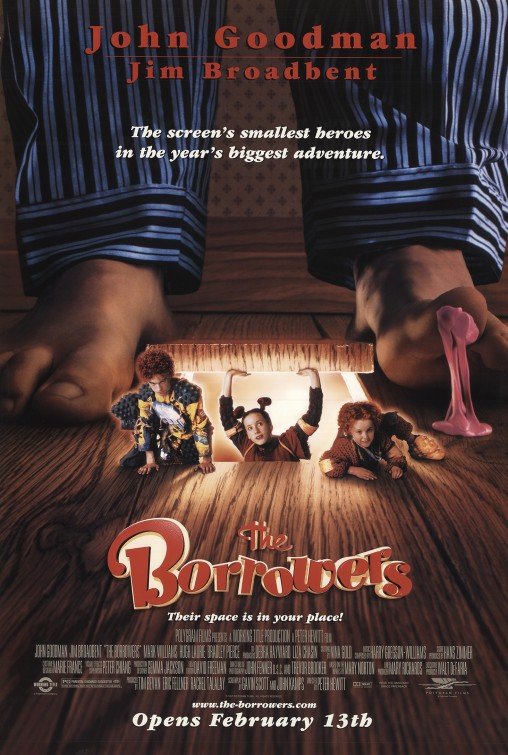
By Michaela Gordoni
It’s 2025, and it’s time that some of us sign up for Internet and Technology Addicts Anonymous, a program that’s already helped thousands across the world.
The program, founded in 2017, borrows principles from AA for its 12-step program. ITAA hosts regular meetings and encourages members to follow the 12 steps to gain sobriety, USA Today reported.
“I didn’t understand that I was suffering from an actual addiction,” said one former addict, Lauren. “I thought that maybe I had an anxiety disorder or it was depression. But none of that ever seemed to really explain what I was experiencing, which was that every morning I would get up. I would have a plan for the day, goals that I wanted to accomplish.”
“But then, it was really not up to me,” she said. “It just was always up to my addiction.”
ITAA doesn’t push anyone to cut out tech entirely but helps them stop using their “bottom lines” — the tech, platform or website they’re always going back to.
Related: Does Gen Z Actually Have a Tech Addiction? The Answer May Surprise You
Internet and tech addiction is not yet affirmed in the standardized Diagnostic and Statistical Manual of Mental Disorders, but research shows that tech addiction has similarities to alcoholism, The Guardian reported.
Dr. Timothy Fong, a University of California, Los Angeles addiction psychiatrist, said it hasn’t been determined how widespread tech/internet addiction is.
Fong said, “We really don’t have a range for the scope of the problem,” but some certainly have addictions, as if “the phone is the syringe.”
Both Lauren and another addict, Tom, said their addictions made them suicidal. Tom would use tech for 20 hours straight.
“It doesn’t really act like a behavioral addiction,” he said. “It more acts like a substance addiction. So it’s kind of like a drug. It’s heroin to me.”
Lauren explained, “I was using screens compulsively for the same reasons that other kids turned to substances. In my family of origin, there was a lot of abuse and trauma.”
She used tech as a way to escape her troubles.
Lauren said, “Now, in recovery, I understand that I can use my computer and I can use the internet and technology in a way that really serves my life and my recovery from addiction. There’s no reason for me to avoid computers. I’m able to use them in a way that supports my life.”
Another recovered addict said, “I feel like I am only now, almost a year abstinent and one and a half years almost-abstinent, noticing the true scope of the negative effects my usage had on me…These things will take a long time to heal, maybe even longer than the time I spent online. But I am living in real life now. And it’s better here.”
ITAA has in-person and online meetings available through its website. The meeting languages include French, Spanish, Russian, German, Dutch, Hebrew, Portuguese, Arabic and Polish, in addition to English.
Read Next: Hospital Opens Rehab Clinic for Young Tech Addicts
Questions or comments? Please write to us here.


 - Content:
- Content: 

